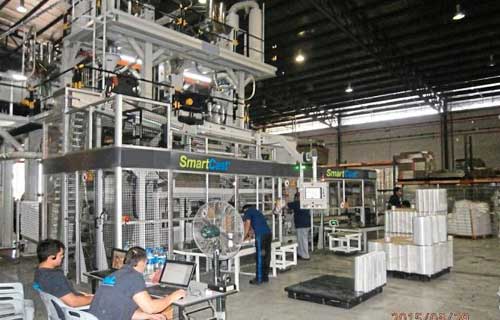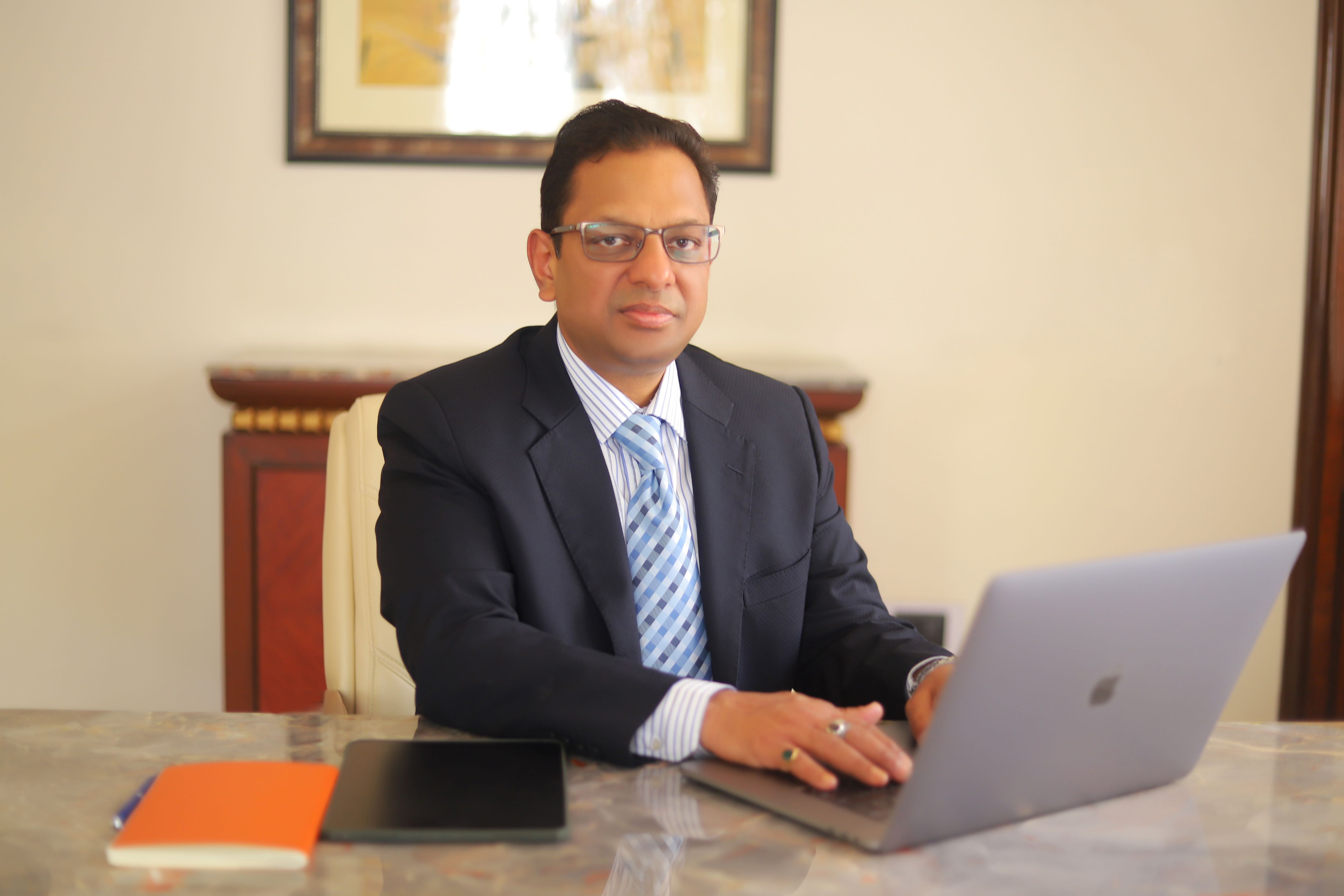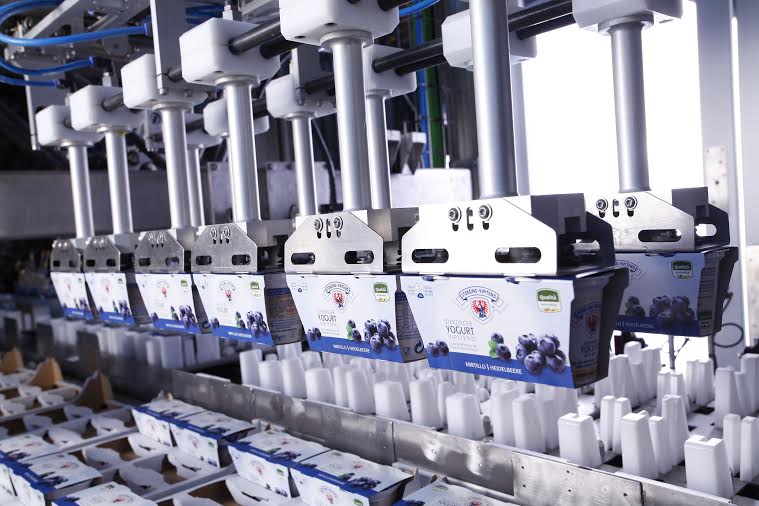PETALING JAYA: Johor-bas

ed polyethylene film-maker, BP Plastics Holdings Bhd, which expanded its plastic operations with a new 3m cast stretch film machine last year, is looking at double-digit sales growth this year.
Group managing director Lim Chun Yow said with the machine running at almost full capacity now, the company was confident of achieving higher export sales this year.
The company is targeting to increase its export sales to 80% of total turnover this year from the 79% achieved previously.
“Despite the tepid growth seen in the overall markets and the recent strengthening of the ringgit, our continuous pursuit in producing better product mixes for new markets and existing customers would spur export sales,” he told StarBiz in an email reply.
With a market value of RM300.2mil, 63% of the company’s sales is in US dollar, 20% in ringgit followed by 10% in Singapore dollar and the remaining 7% in euro and yen.
The domestic market made up about 20% of the company’s total annual turnover currently.
On whether it had plans to diversify, Lim said for now it would focus on growing its business organically.
“Other than the existing markets, BPP is targeting exports markets such as Japan, Asean, Far Eastern countries and Australia.
“But we are always open to the possibility of business expansion in future,” said Lim, declining to elaborate this further.
Listed on the Main Board of Bursa Malaysia Securities Bhd in 2005, the net cash company that has no borrowings would also focus on improving cost efficiency and productivity in light of the rising operating costs environment.
Meanwhile, Lim, who was one of the founders of BP Plastics, said raw material prices was mainly driven by supply and demand conditions.
“The current scheduled and unscheduled shutdowns of petrol-chemical plants worldwide, particularly in Asia have caused severe supply shortage this year, resulting in higher raw material prices of ethylene and polyethylene since January.
“Such conditions are predicted to prevail in the short-term, which could further elevate the raw material prices,” he noted.
But, with additional production capacities coming on-stream from petrol-chemical plants in the Middle-East and North America regions in the second half of this year, prices would perhaps stabilise, according to Lim.
In February, the company rolled out a minimum 40% dividend policy payout from its net profit.
“We intend to keep this dividend policy.
“The distribution of future dividends will also take into account, among others, the capital requirements and working capital needs of our group,” affirmed Lim.
On the outlook, with China’s slowdown and moderate growth in economies globally as well as higher labour costs from the recent minimum wage increase for foreign workers, it’s quite a wobbly path, he noted.
Kenanga Research said BP Plastics was able to command stronger earnings before interest and tax margins at 10% compared to 5% for Thong Guan Bhd and 6% for Scientex Bhd.
This is due to better operating efficiency from managing a single plant and business segment, according to the research house.
“We like the management’s prudent approach to its balance sheet as the group is in a strong net cash position of 26.8% (to shareholders’ fund) currently and has maintained a net cash position for the last 25 years.
“The management has been paying out 4 to 6 sen dividends per annum for the past six years and we expect this to increase going forward, in line with the additional capacity and improved margins,” said Kenanga.
The research house estimated financial year 2015 (FY15) dividend of 8 sen, which includes a 2 sen special distribution.
Stripping that out, FY15 dividend per share (DPS) implied a 60% payout ratio based on Kenanga Research’s estimates.
As such, assuming a similar payout ratio, FY16 until FY17 DPS translates to 7.4 sen to 9.2 sen.
BP Plastics closed down 3 sen or 1.84% at RM1.60. At the current stock price, it is trading at 13.58 times price-to-earnings with a potential dividend yield 3.75%.
Website: www.thestar.com.my






